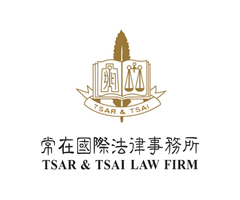The Legal 500 > Asia Pacific > Taiwan > Legal market overview
-
The Legal 500
-
Asia Pacific
-
Taiwan
-
Asia Pacific: Regional International Arbitration
-
Asia Pacific: The English Bar
-
Australia
-
Australia Bar
-
Bangladesh
-
Brunei
-
Cambodia
-
China
-
Hong Kong
-
Hong Kong Bar
-
India
-
India - Senior Advocates
-
Indonesia
-
Japan
-
Laos
-
Macau
-
Malaysia
-
Maldives
-
Mongolia
-
Myanmar
-
Nepal
-
New Zealand
-
New Zealand Bar
-
Pakistan
-
Papua New Guinea
-
Philippines
-
Singapore
-
South Korea
-
Sri Lanka
-
Thailand
-
Vietnam
-
Legal market overview
- Asia Pacific: Regional International Arbitration
- Asia Pacific: The English Bar
- Australia
- Australia Bar
- Bangladesh
- Brunei
- Cambodia
- China
- Hong Kong
- Hong Kong Bar
- India
- India - Senior Advocates
- Indonesia
- Japan
- Laos
- Macau
- Malaysia
- Maldives
- Mongolia
- Myanmar
- Nepal
- New Zealand
- New Zealand Bar
- Pakistan
- Papua New Guinea
- Philippines
- Singapore
- South Korea
- Sri Lanka
- Thailand
- Vietnam



